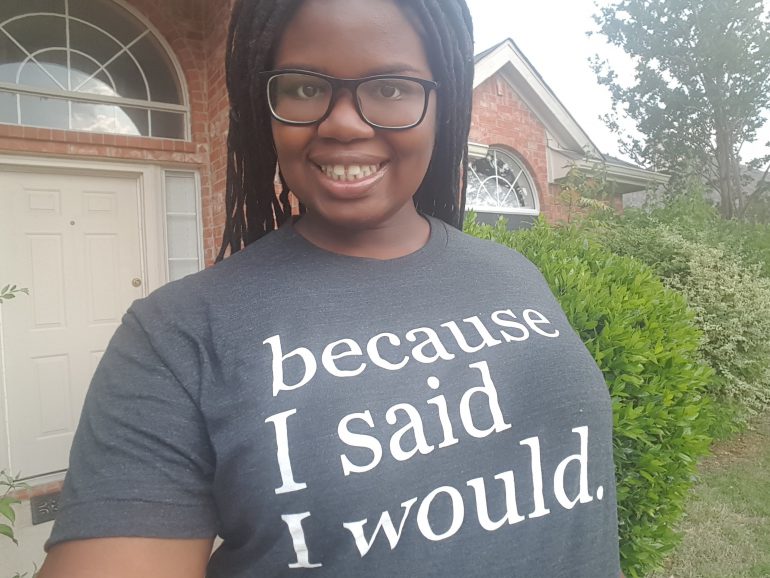
Learn Valuable Skills Outside the Classroom: Data Analytics
Understanding data is a very important skill, regardless of your major! However, if you are like me, you might have found that as you are nearing graduation, there are a few things you wish your degree would have taught you. I wish I would have known more about data analytics. This is a very hard skill to teach yourself, but fortunately I found some resources I would like share with you that will allow you to build on your education to get that competitive edge.
Start with Google!
Google Partners offers online courses and study guides to learn their products. The online courses are FREE and very well done. Each course takes about 5 minutes and they are broken down by learning objective. By the time you are done with the course, you will begin to see connections, how your action can influence user behavior and how data will reflect that. All the Google products: Google Analytics, AdWords, and Mobile Sites teach students how to interpret data and how that data reflects human behavior.
YouTube is your teacher, friend, tutor, sensei, master, etc.
There are so many YouTube educational channels that will help break down large complicated topics. YouTube has made education more accessible. It is a free resource and a great place to start. Some of my favorite channels are Google AdWords, Crash Course, Big Think, Google Analytics, Google Partners, HubSpot, Moz, and TED-Ed. Some other sites you can use to learn for free are EdX.org and Khan Academy.
Take practice exams
This step was critical for me because I did not know how well I retained the information until I was taking a test. On YouTube I could follow along live practice exams other people had already taken. For a Google Analytics and Google AdWords exam, I would follow along and answer the questions in the video by pausing along the way to allow myself time to answer the question. I would check my answer against the video and use my wrong answers as a study guide.
I am pursuing a Bachelor of Arts in Liberal Studies and a Bachelor of Business Administration in Marketing – needless to say, my approach to data analytics is unique. The reason I became so fascinated with data and data analytics was because it provides more insight to user behavior and motivations. Having that type of insight is a powerful leveraging tool in the context of business and provides interesting insight to human motivations. Understanding data and how to manipulate data is not an intuitive skill for me. I was interested in learning but it was an uphill climb. The online resources I discovered allowed me to learn material that makes my education diversified and competitive.
Are you seeking to learn a new skill? Share with the Pearson Students community when you retweet my blog!

